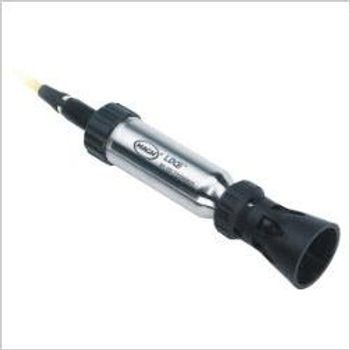
Hach Company is harnessing the power of “no” when it comes to dissolved oxygen (DO) testing. The company is releasing the newest model of its LDO® Probe which aims to eliminate industry traditions by making testing more efficient. Hach is saying “no” to calibration, membrane replacement, and drift while maintaining reliability and durability.
“We are really having good success with the new LDO probe,” Kevin G., a chemical refinery operator from southern Texas said. “The data is very reliable and accurate. We are using it to control the process,” he said.
Measuring DO in wastewater applications is critical to optimizing the nitrification and denitrification processes, establishing stable waste degradation, and monitoring plant effluent. Until 2003, operators could only measure DO using amperometric measurement techniques which were expensive to maintain and yielded low confidence. In 2003, Hach introduced the first probe that used luminescence technology to measure DO. This technology has recently been approved and added to the official federal register by the EPA for reporting DO in NPDES permitted outfalls.
“Hach’s luminescent technology was a breakthrough for the industry,” Toon Streppel, Hach Global Business Unit Director of Process Instrumentation said. “We have now made our new LDO probe even more durable and reliable than before, and with no membranes to replace or electrolyte solution to replenish, it is still virtually maintenance free.”
The Hach LDO probe uses a luminescent sensor to measure the concentration of dissolved oxygen in a solution. Molecules within the senor are excited by a blue LED and the oxygen in a sample causes them to relax. The higher the concentration of O2 in a sample, the faster the luminescent molecules will return to their normal state.
The sensor also takes into account the temperature of a sample, which has significant bearing on an accurate DO measurement. Each sensor cap is calibrated in the factory prior to shipping, so it can determine the relationship of life span, temperature and O2 concentration resulting in a complete picture of what is happening in the facility.
